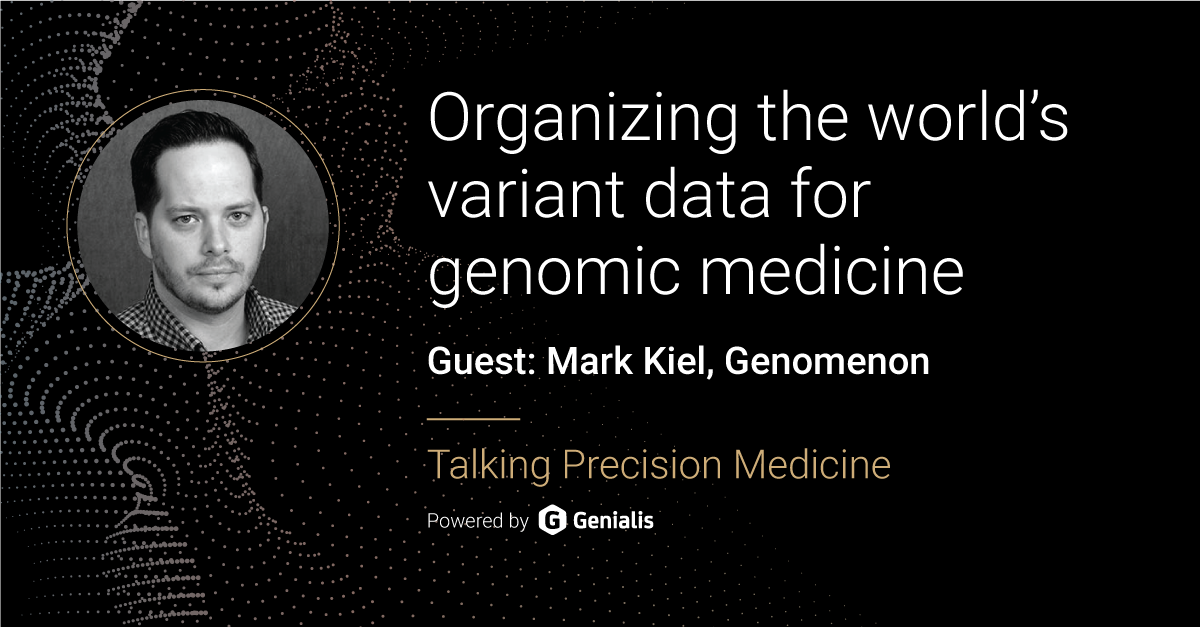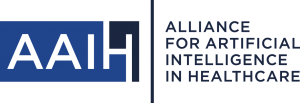Welcome to the Talking Precision Medicine podcast. In this series, we sit down with experts on the application of AI and big data analytics in the drug discovery space. Our guests are innovators, business decision makers and thought leaders at the intersection of data and therapeutics. We discuss the promise, practice, challenges, and myths of AI in precision medicine. This show is brought to you by Genialis, and Rafael, our CEO, is your host.
Genialis is focused on data integration and predictive modeling of disease biology to help accelerate the discovery and de-risk the development of novel therapeutics.
Today we speak with Mark Kiel. Mark is the founder and Chief Scientific Officer at Genomenon where he shepherds the product vision and implementation of the Mastermind suite of software tools.
He completed an MD / PhD fellowship in Molecular Genetic Pathology at the University of Michigan.
In this episode, Mark describes the genesis of his vision to organize the world’s molecular data and his journey to realize the promise of genomic medicine.
Episode highlights:
- We are organizing worlds genomics information. We are properly the information company and our focus is managing the tsunami of genomic information that is being published in the medical literature.
- The population frequency and predictive models of pathogenicity, those two alone are almost never sufficient to give you a pathogenic or disease calling interpretation for a variant. What is really needed to unlock the ACMG framework is the empirical peer-reviewed information from the medical literature to assess things like have authors studied the functional consequence of this variant or have there been cohort or pedigree analysis done or even single cases found of this variant being associated with the disease.
- My original concept for the company and for the product Mastermind was that we would rise to that need in the clinic. The bioinformatic bottleneck was the sticking point and I started Genomenon with a view toward leveraging human genome sequencing to become practical by improving the ability that we have to interpret it with rapid turnarounds and high accuracy. But what we found is that there is just as big need in Pharma to inform the development of new therapeutics once the Pharma researchers have understood what the pathogenic mechanisms of the disease are. So in Pharma, we take a forest view and we can see broad strokes with all the underpinning details.
- Our computational intelligence – I like thinking of there being tiers of evidence, when we talk about was that found in a paper yes or no, you should always have that with the hedge that yes, but what was said about it and it is context dependent.
- We’re going to get better understand how our genetics informs not just our health or disease status, but also things like personality, psychiatric disease (I feel like that is truly an untapped potential aspect of health and medicine that is right for improved understanding because of genetic and genomic sequencing).


